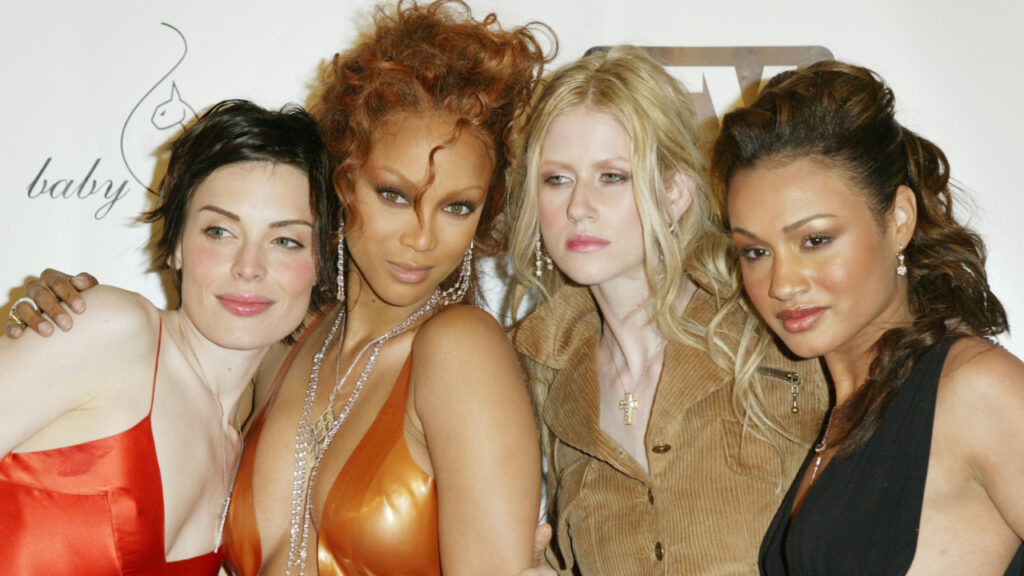
Am I Enough?’: Jennifer Lopez Gets Real About Latina Identity and Motherhood
Jennifer Lopez has long been an icon of Latina representation in Hollywood, but even icons wrestle with feelings of inadequacy. In a recent interview with Variety, the Bronx-born star opened up about her struggles with identity, imposter syndrome, and navigating her career in an industry that often boxed her into stereotypes.
Lopez’s reflections offer a candid look at how societal and cultural pressures to meet impossible expectations shape the lives of Latinas everywhere. For Jennifer Lopez, those pressures weren’t just professional—they also affected her as a mother after her divorce from Marc Anthony.
Jennifer Lopez on Feeling ‘Not Latina Enough’
Growing up in the Bronx to Puerto Rican parents, Lopez wholeheartedly embraced her Latina heritage. But in Hollywood, that identity came with limitations. According to Variety, Lopez recalled the lack of meaningful roles for Latina actresses early in her career.
“When I started, there weren’t a lot of roles for Latinas,” she said. “I was auditioning for parts with accents and stereotypes. I kept thinking, ‘Why can’t I just play a romantic lead? Why can’t I be the girl next door?’”
Lopez’s frustration stemmed from how Hollywood narrowly defined what it meant to be Latina. She pushed against those boundaries, breaking molds with performances in films like Selena, which catapulted her to fame. “That belief—that conviction that I belonged—was what helped me break those molds,” she said.
This struggle to prove her worth didn’t just live on the screen. It extended into her personal life and identity, where Lopez felt the weight of needing to be “enough” in every facet of her life.
Imposter Syndrome: The Ultimate Latina Trait?
Jennifer Lopez’s reflections on imposter syndrome resonate deeply with many Latinas. Lopez spoke about battling doubts about her abilities and her place in Hollywood. “Imposter syndrome is real, especially when you come from neighborhoods like I did,” she admitted.
Lopez described how self-doubt often crept in during pivotal moments in her career. “You have to redirect that inner voice,” she shared. “Whenever the doubts creep in—‘I don’t belong here, I’m not good enough’—you need to replace them with, ‘No, I’ve worked hard. I do belong here.’”
Her words strike a chord for Latinas navigating professional spaces where representation is scarce. A 2024 report by McKinsey revealed that while Latinos account for 24% of U.S. box office sales, they hold less than 5% of leading roles in Hollywood. These disparities reinforce the feelings Jennifer Lopez and many others experience, highlighting how systemic underrepresentation fuels imposter syndrome.
Motherhood and the Fear of Not Being Enough
Lopez’s feelings of inadequacy extended beyond her career and into her role as a mother. In Entertainment Weekly, Lopez revealed how her divorce from Marc Anthony intensified those fears.
“I’ve been a single mom at times in my life, and [I’ve asked,] ‘Am I enough for them?’” she said. The pressure to provide stability and emotional support for her twins, Emme and Max, was compounded by societal expectations of what motherhood should look like.
Her vulnerability sheds light on the immense pressure many Latina mothers face—striving to meet traditional cultural standards while juggling careers and personal struggles.
Breaking Latina Stereotypes in Hollywood
Jennifer Lopez’s career trajectory is a testament to resilience. As she discussed with Variety, her latest projects, including the biopic Unstoppable, emphasize universal themes of family, love, and perseverance. In Unstoppable, Lopez plays Judy Robles, a single mother who supports her son, Anthony Robles, as he becomes an NCAA wrestling champion despite being born with one leg.
“It’s not often that you have a movie like this,” Lopez told Variety. “I identified with her. I understood the upbringing they had, the struggles, the relationships, and the sacrifices Judy made for her son.”
Lopez emphasized that Unstoppable isn’t just a Latino story—it’s an American story. “It’s about family, resilience, and the idea that no matter what you’re up against, you can overcome it,” she said.
Why Jennifer Lopez’s Struggles Reflect a Universal Latina Experience
Lopez’s journey reflects a truth many Latinas know all too well: the constant pressure to prove themselves while juggling cultural expectations, professional ambitions, and personal insecurities. Whether it’s fighting for representation in Hollywood or wondering if you’re “enough” for your family, these struggles form a shared experience.
Her candid discussion of imposter syndrome highlights the emotional labor Latinas often carry in spaces that don’t reflect their identities. As Entertainment Weekly reported, Lopez said, “This is when the artists go to work; when we use our voices and platforms to bring people together.”
Jennifer Lopez Continues to Prove Resilience is the Ultimate Latina Trait
From her breakout role in Selena to her status as a global superstar, Jennifer Lopez continues to defy expectations. Her ability to speak openly about her struggles—as a Latina, an actress, and a mother—has made her an enduring icon for women of color.
As Lopez told Variety, “It’s not about the awards or the accolades. It’s about telling stories that matter—stories that make people feel seen, stories that inspire. That’s what keeps me going.”




